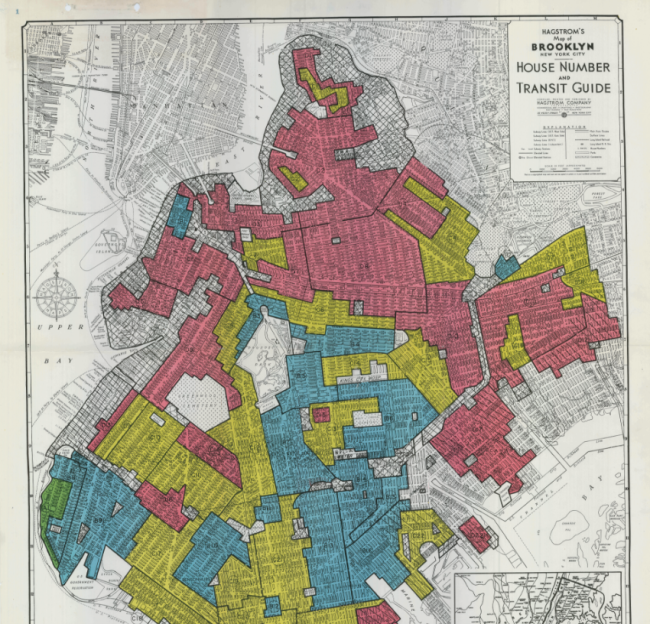Long Island town with Nazi origins ordered to stop racist home-buying policies
Yaphank, a planned community on Long Island founded by the Nazi-sympathizing German-American League in 1937—and once the site of a Nazi summer camp, Nazi parades, and had streets named for Hilter, Goering, and Goebbels—has been ordered by the New York attorney general to stop its racist home-buying policies.
According to Gothamist, the organization has long exercised control over who could live on the land that they own, limiting it to Germans, or more specifically people "primarily of German extraction and of good character and reputation."
Residents claiming that the rules were making it hard for them to sell their homes in Yaphank filed a federal lawsuit, and in 2016, the League agreed to change its bylaws.
Now, thanks to a recent settlement with New York Attorney General Eric Schneiderman, the group must allow owners to publicly list their properties for sale, will extend its land leases from one year to 30 years in an effort to make outside bank financing more feasible, and a fair housing statement will be required on membership applications.
The Fair Housing Act, which is part of the Civil Rights Act of 1968, protects renters and buyers from discrimination based on "race, color, religion, sex, disability, familial status, or national origin." (And, as we previously reported, the latest guidance issued by HUD clarifies that though it's not explicitly covered under the act, a person's status as an English-speaker should also be considered a protected category.)
Long Island is not alone in its discriminatory housing history. In New York, redlining, is a racist depression-era policy that made it difficult for African-Americans to buy property in many parts of the city, and still has repercussions today. And, Gothamist points out that several years ago, two developments in the Bronx were accused of making it difficult for African-American buyers to get in.
You Might Also Like

























